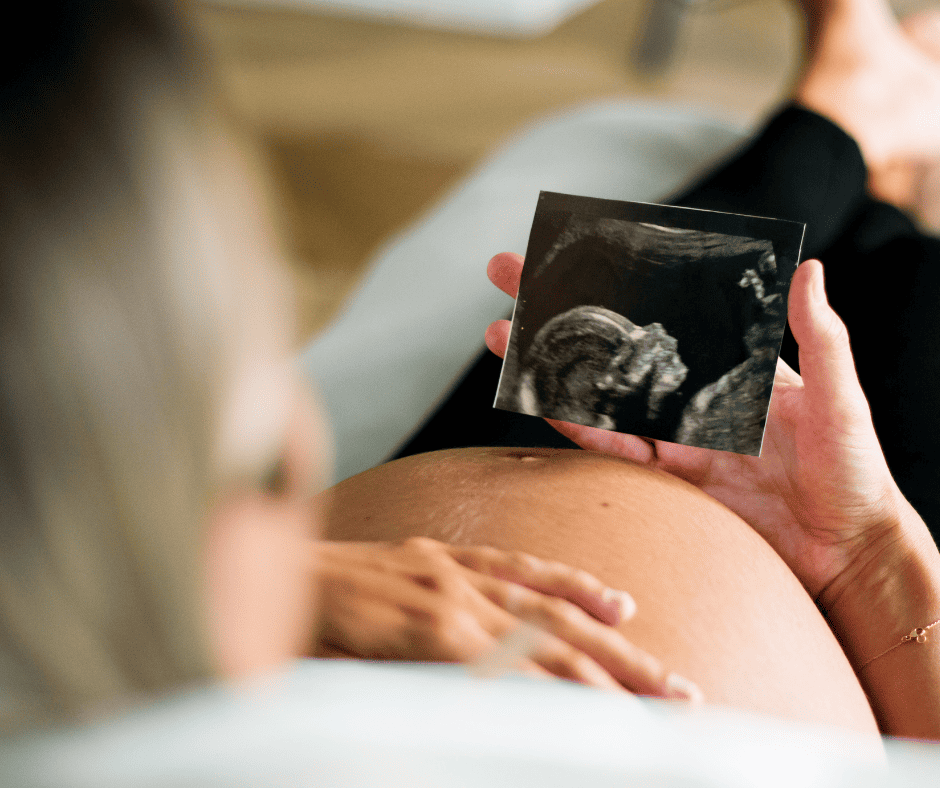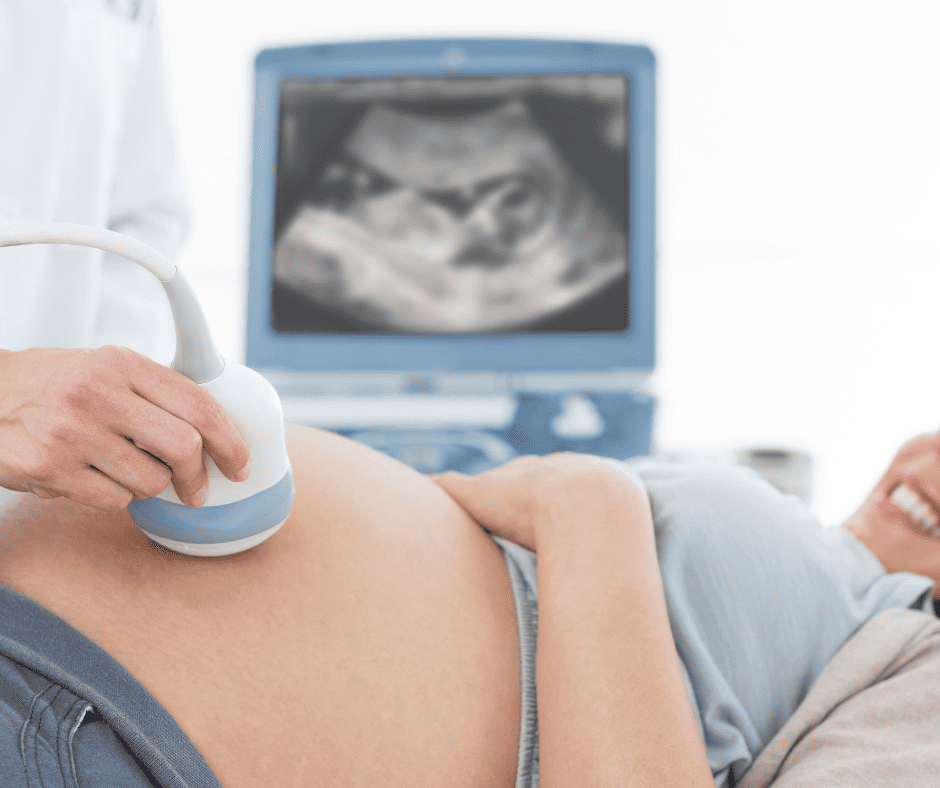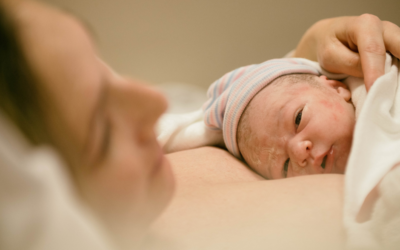
If you’re trying to conceive or you’re currently pregnant, you might have been inundated online with potential pregnancy concerns. While pregnancy is a completely normal, natural experience, it’s important to recognize what your body is doing in order to ensure you’re supporting your body as well as the growing baby inside of you.
Here are some common pregnancy concerns mamas should be aware of and what can be done about it:
What Are The Most Common Pregnancy Complications?
A pregnancy complication is a health concern that affects the mother, the baby, or both. One of the reasons why having prenatal appointments and ultrasounds are so important is because, during these sessions, complications can be picked up and attended to to prevent them from developing further.

Gestational Diabetes
This type of diabetes is diagnosed during pregnancy in a woman who didn’t have diabetes before. According to the CDC, 2% to 10% of pregnant women in the US are diagnosed with this condition annually. “During pregnancy, your body makes more hormones and goes through other changes, such as weight gain. These changes cause your body’s cells to use insulin less effectively.”
Gestational diabetes can cause your baby to be larger and increase your chance of having a C-section. Your baby also has a higher risk of being born early, having breathing problems, having low blood sugar, and developing type 2 diabetes later in life.
If you’re trying to conceive, you can prevent gestational diabetes by losing weight if you’re overweight and increasing your physical activity.
To manage this condition, two of the best things you can do is follow a healthy eating plan and get exercise. Your doctor may also prescribe medication.
Anemia
Pregnancy causes so many changes in your body, including your blood volume. Your body needs to create more blood to support the development of your baby. To do this, you need iron. “Anemia’s when you don’t have enough red blood cells to carry oxygen throughout your body. It makes you feel tired and weak,” explains Cleveland Clinic.
While mild anemia is quite common during pregnancy, if it’s not treated and it becomes severe, your baby can be at risk of developing anemia later in infancy.

To prevent anemia, eat foods that are high in iron. Iron-rich foods to include in your pregnancy meal plan include:
- Eggs
- Beef
- Chicken
- Lamb
- Leafy greens (kale, spinach, chard)
- Tomatoes
- Broccoli
- Sweet potatoes
- Strawberries
- Beans
- Lentils
- Dark chocolate
When eating iron-rich foods (especially plant-based sources), pair them with an ingredient high in vitamin C. This will aid your body in absorbing the iron.
Preeclampsia
This condition causes extremely high blood pressure and can be life-threatened if not picked up and treated. Preeclampsia can lead to fetal growth restriction, preterm birth, organ damage, cardiovascular disease, and placental abruption.
Women at risk for developing this condition are those who have a history of high blood pressure, are obese, and are pregnant with multiples.
“While you can’t prevent preeclampsia, staying healthy during pregnancy may help. If you have risk factors, experts recommend that you see your obstetrician either before you become pregnant or very early in your pregnancy, so you and your doctor can discuss ways that you can reduce your risk,” says Johns Hopkins.

Anxiety And Depression
Your mental health can affect your pregnancy journey. While you may have heard of baby blues and postnatal depression, many women experience feelings of anxiety, stress, and sadness while pregnant, too.
According to the American College of Obstetricians and Gynecologists, signs of depression during pregnancy include loss of appetite, sleep changes (sleeping too much or too little), issues with concentration, feeling guilty and hopeless, and losing interest in activities.
It’s important to be open with your doctor about your history of depression and anxiety. You should also express your current mental state and mood when pregnant.
Therapy, getting enough rest, eating a nutritious diet, and exercising are all ways to deal with anxiety and depression.

What Are Concerns During Early Pregnancy?
Hyperemesis Gravidarum
This condition is extreme morning sickness. While nausea is common in early pregnancy, hyperemesis gravidarum is an extreme and rare condition characterized by excessive nausea and vomiting. It can lead to dehydration and electrolyte imbalances, weight loss, and fatigue.
While morning sickness can be managed through eating small meals, incorporating ginger into meals and drinks, focusing on B6, and being hydrated, hyperemesis gravidarum requires hospitalization. “If you’re unable to keep fluids or food down due to constant nausea or vomiting, you’ll need to get them intravenously (through an IV). Medication is necessary when vomiting puts your health or the health of the fetus (baby) at risk,” tells Healthline.
Birth Defects
This refers to abnormal happenings during fetal development. According to the CDC, around 20% of birth defects are caused by genetic factors. However, there are some birth defects that are a result of certain medications such as Isotretinoin, Antiepileptic medications, Lithium, and Warfarin.
“If you’re pregnant or plan on becoming pregnant, talk to a healthcare provider about the medications and supplements you currently take and the side effects of medications they prescribe to you. They’ll let you know if it’s safe to continue taking certain medications.”
Knowledge is power, mama. When you know what your body is doing you are able to make choices to support these changes and developments.

To learn more about the birth process – including how to advocate for yourself the moment your baby is born – as well as what you need to know when you bring your newborn home, download the free Prepare for Baby mini course. This course is perfect for soon-to-be parents as it equips you with vital knowledge about breastfeeding and healthy newborn sleep habits. Get it here.




